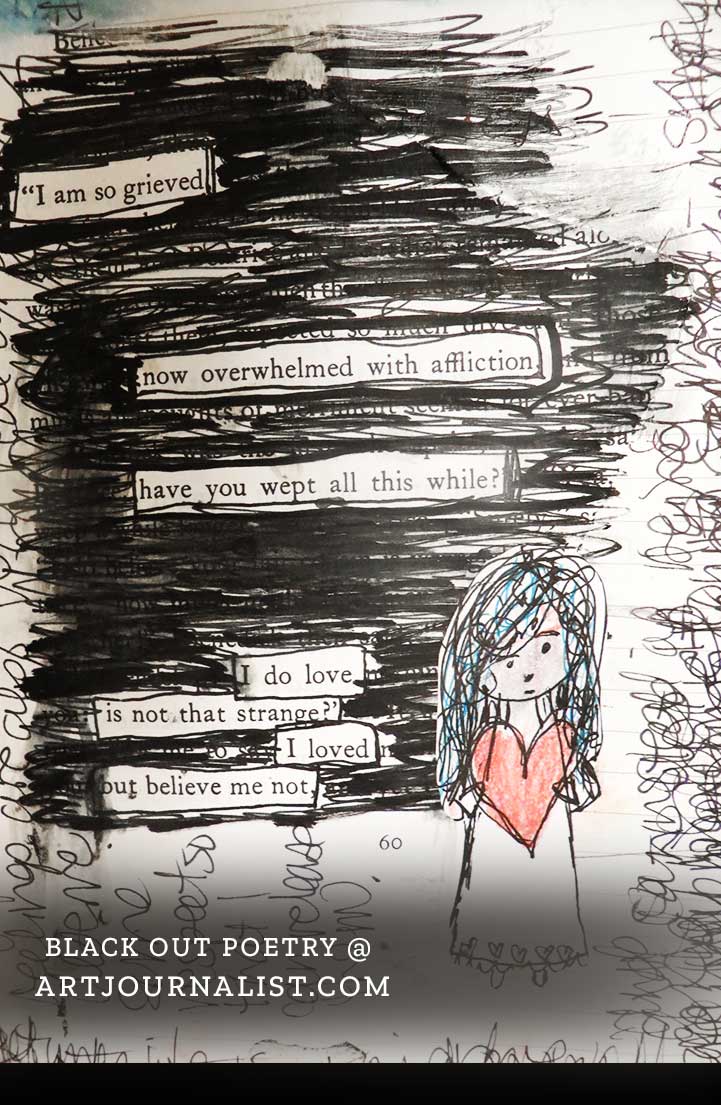HIGHLY RECOMMENDED
As you see, Thanku: Poems of Gratitude is illustrated by Marlena Myles (Myles is Spirit Lake Dakota/Mohegan/Muscokee Creek) and edited by Miranda Paul.
First, what I want you to notice is the order of the names of the people who illustrated and edited the book. Myles's name is shown first. I don't think I've seen that before... and I like it! I might look for information about that arrangement. It is unusual but elevates art and artists. In recent months I've seen many people ask us not to ignore the illustrator's name. There is a lot to notice, and praise, in Thanku! Teachers, especially, will find Miranda Paul's work (as the editor) exceptionally helpful. Unobtrusively on each page, there's a note about the kind of poem each one is, and the back matter includes definitions.
Second, I love seeing the names of all the poets on the cover. And as you might guess, I'm thrilled to see names of Native women there!
Kimberly Blaeser's poem is "Flights." Its format is "concrete (shape)." When I was teaching, kids really liked to study shape poems. The words in her poem are arranged in the shape of a bird in flight, as seen from above (or below). The color palette Myles chose for Blaeser's poem is one of the light pastels of the sky and clouds. Blaeser is an enrolled member of the Minnesota Chippewa Tribe.
Students also like found poems. Carole Lindstrom's poem, "Drops of Gratitude" is a found poem. For it, Myles created a young woman in profile, gazing at three blocks of mostly-blacked-out words. The words that aren't left out are the poem Lindstrom wrote. She is Metis/Ojibwe and is tribally enrolled with the Turtle Mountain Band of Chippewa Indians. I want to know what book she used to create her found poem! I'd love to see teens turn racist content in their textbooks into found poems that embody Indigenous resistance!
The poem from Cynthia Leitich Smith (Muscogee Creek Nation) is "Stories for Dinner." It spans two pages, and in its verses, it spans time. The stories in the chant, free verse poem are about boarding school, war, and the "everyday heroes" who plan for future generations. I especially like Myles art for the second page. The "Water is Life" sign embodies those everyday heroes who are fighting for clean water.
And then, there's Traci Sorell's (Cherokee Nation) cinquain, "College Degree." For it, Myles created what I think is a young Traci in a cap and gown, holding her college degree aloft, smiling broadly.
When I got a review copy of Thanku, I took to Twitter to share my thoughts about it. In my review here, I've noted only four specific poems but there are so many others that I like! And I absolutely love the range of emotion and impact that Myles created for each poem.
In short, I highly recommend Thanku: Poems of Gratitude, due out in September from Millbrook Press. It is #OwnVoices at its very best!
-----
Update: In a comment, Rie asked for more info about what found poems are. There are several ways to do them. The way that Carole chose is to take a page from an existing book, and black out some of the words. The ones that aren't blacked out form the poem. Below is a found poem using a page from Much Ado About Nothing. There's more examples on that page. Take a look: https://artjournalist.com/found-poetry/



